
Dry mouth can be a very frustrating thing. As if the uncomfortable feeling it causes is not enough, words come out sounding strange, the breath smells bad and there is often tick white saliva in the corners of the mouth that makes the problem even more embarrassing.
Dry mouth cab be chronic or acute. Acute dry mouth occurs occasionally, as a bout, usually due to stress or as a result of some underlying health issue. Public speakers, people who suffer from stage fright in different situations, people who suffer from anxiety and similar problems are particularly prone to acute dry mouth.
What causes dry mouth?
Dry mouth or Xerostomia is a result of the lack of saliva in the mouth. Saliva is something that people rarely think about but greatly miss it when it lacks. Lack of saliva makes it difficult to chew and swallow, it causes uncomfortable feeling of dryness and it increases the risk of some oral and dental problems.
There are many possible reasons for the lack of saliva. Dehydration is one of the most common causes and it occurs when the body does not get enough fluids or loses more fluids than it gets.
Medication is another common cause of Xerostomia. There are over 400 different drugs that list dry mouth as a side effect. These include antidepressants, analgesics, diuretics, drugs for hyeprtension, for Parkinson’s disease, bronchodilators, antihistamines and drugs for gastrointestinal problems.
Certain serious diseases and conditions may also be responsible for dry mouth. Dry mouth is part of the symptoms of stroke, acute kidney failure, bladder problems and several more. Patients on dialysis often suffer from dry mouth and so do people who receive radiation therapy or chemotherapy for cancer.
How to cure dry mouth?
It is not easy to answer this question simply because dry mouth can be caused by hundreds of factors. If medication is causing it, dry mouth will probably go away when the treatment course is complete. The situation is more complicated for people with chronic diseases for have to take medication all the time.
Dry mouth that is a symptom of an underlying disease is solved by treating the underlying disease. When the cause is solved, the production of saliva will go back to normal.
However, these are all cases of more or less chronic dry mouth. Acute dry mouth, which happens occasionally and does not last for long, can be solved by increasing the fluid intake and avoiding diuretics. Coffee, cigarettes and alcohol consumption are to be cut down on or avoided. It may help to chew a sugar-free gum. Keeping the mouth and teeth clean and healthy is very important. Regular check-ups at the dentist’s can help prevent the problem of dry mouth.


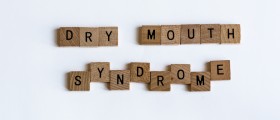

_f_280x120.jpg)


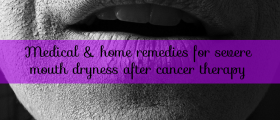

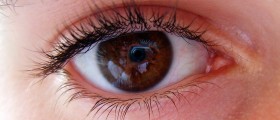



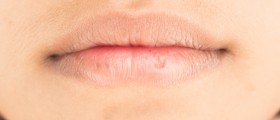
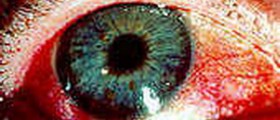
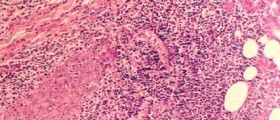

Your thoughts on this
Loading...